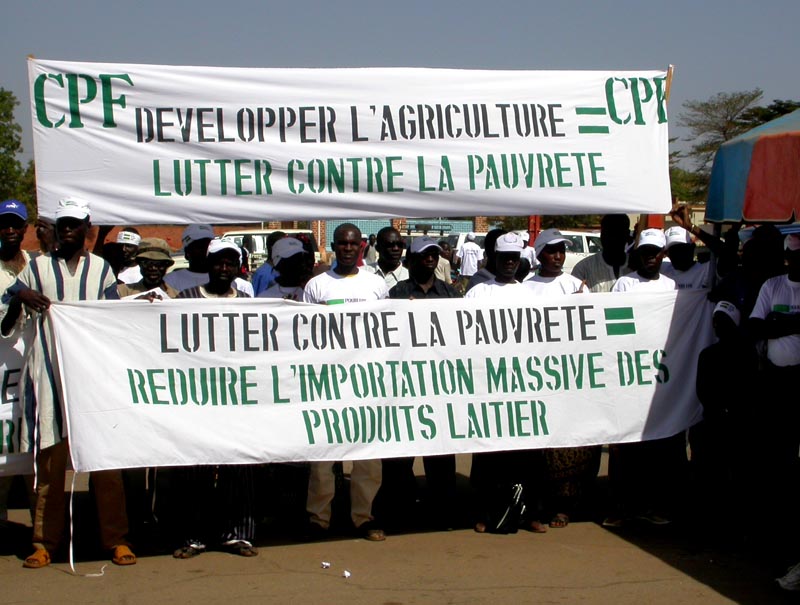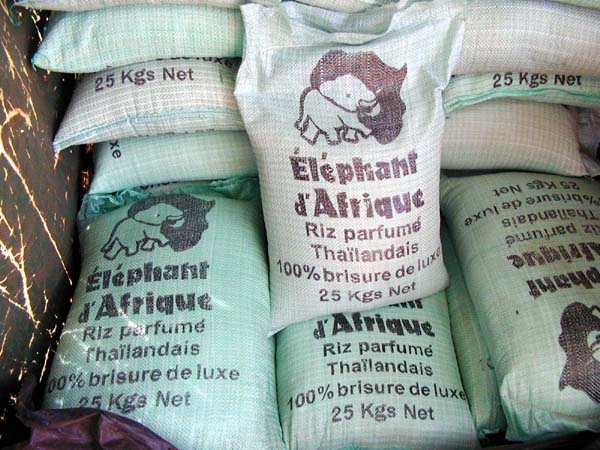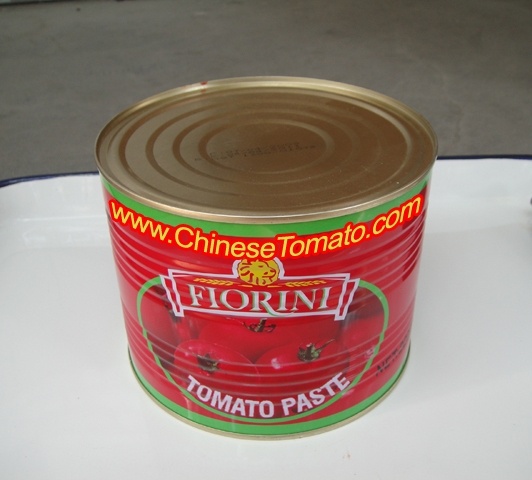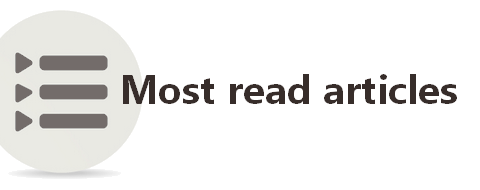A variable levy - a key word to keep in mind
On the 1st of June OXFAM International launched a new campaign for sufficient food for all. The OXFAM branch in Burkina Faso and its partner organisations met in Ouagadougou to demand access to food for everybody. The President of the executive board of SOS Sahel, Alfred Savadogo, said on behalf of the organisations that they were ready to play their part in the action programme, which is to be carried out over a 4 year period. And we are prepared to add our share together with Oxfam and its partners. In this we will relentlessly repeat that there can be no food justice without justice for the farmers.

 On this occasion the Director of Oxfam Burkina, Omer Kaboré, gave an overview of the regional and national food situation: “The present food crisis and the skyrocketing food prices are the results of an absurd global injustice. Every day nearly one billion human beings go hungry, whilst “our world produces enough to feed all.”
On this occasion the Director of Oxfam Burkina, Omer Kaboré, gave an overview of the regional and national food situation: “The present food crisis and the skyrocketing food prices are the results of an absurd global injustice. Every day nearly one billion human beings go hungry, whilst “our world produces enough to feed all.”
In order to fight this injustice at least a minimum of analysis is required, if not, we run the risk of going for the wrong solutions. It is well and good to remind us that one billion humans suffer from hunger. But it is also good to add that 700 000 of these are farmers. We cannot be satisfied with short term expedients, such as the three month subsidies on imported rice announced by the government of Burkina, to alleviate the strain on the urban citizens. What about the rural consumers, who account for 80% of the population? Should they be forgotten just because they have not taken to the streets smashing windows?
Today the entire world is worried about the volatile food prices on the international market. I note that Burkina Faso and other West African countries are uncomfortable with the fixed rate import duties. And this is altogether understandable. Governments are torn between split loyalties: one the one hand : provide food for the urban centres at the lowest possible cost , by giving up import duties on rice (as in 2008) or even subsidising imported rice (as since the 9th of May this year). On the other hand they would like to support the farmers, but without penalising urban consumers. This is the reason why the ECOWAS (Economic Community of West African States) governments are unable to agree on which imported foodstuffs should be taxed at 35%.
A fixed rate of this kind would, far from protecting a country from the world market, amplify its variations. An example: Let us assume that a 50kg bag of rice, arriving at the port of Abidjan in Ivory Coast, would cost 10 000 CFA francs. Adding a 35% import duty, the price would go up to 13 500 francs, because of the import duty of 3500 francs. Let us then imagine a further aggravation of the world food crisis so that the price would double. With a duty still set at 35%m the same amount of rice would now cost 27 500 francs. The import duty would deepen the crisis, as the price would become exorbitant.


 If we were to abandon the fixed 35% customs duty on imports and instead adopt a fixed entry price of 13 500, nothing would change in the present situation. But if the world market price would double and move up to 20 000 francs/50 kg no tax would have to be charged and the rice can freely enter the ECOWAS market at 20 000 francs – and not 27 000, as would have been the case if the import duty were to be added, since the world market price is higher than the fixed entry price.
If we were to abandon the fixed 35% customs duty on imports and instead adopt a fixed entry price of 13 500, nothing would change in the present situation. But if the world market price would double and move up to 20 000 francs/50 kg no tax would have to be charged and the rice can freely enter the ECOWAS market at 20 000 francs – and not 27 000, as would have been the case if the import duty were to be added, since the world market price is higher than the fixed entry price.
If, on the other hand, the world market price would come down (a very low probability at present), it would be taxed. The amount would be calculated as the difference between the price on arrival at the port of Abidjan (or Cotonou) and the fixed entry price. This tax would be called a levy, a “variable levy” since it will be rising or falling in relation to the world market price variations. Here are two examples. A bag of foreign rice arrives at an ECOWAS point entry and costs 11 000 francs/50 kg. The levy will be 13 500 – 11 000 = 2 500. If the price on arrival goes up to 13 000, the levy will be only 500 francs (13 500 – 13 000 = 500). This would result in price stability inside the ECOWAS. Urban consumers would appreciate it and rice farmers would know what to expect. It only remains to agree on a fixed entry price that would allow the farmers of Burkina to live in dignity (and develop the rice trade) and urban consumers to have rice available, either domestic or imported.
The ECOWAS could start by setting entry prices for the most sensitive products, such as rice, sugar, vegetable oil, milk powder and products like sweetened condensed milk substitutes or high concentrate tomato paste). Then gradually they would abandon the entire CET (Common External Tariff, that is, all customs duties) and replace it by fixed entry prices.
The current world situation with its wide variability on food prices is a good opportunity for the ECOWAS Commission to negotiate such a change at the WTO (World Trade Organisation).
In my view only the variable levy will bring food justice, coupled with justice for farmers and livestock herders. Our countries not only need an agricultural guidance law, but very much also a food and farm policy that includes fixed entry prices on imports.
Paris, June 3rd 2011.
Maurice Oudet
Director, SEDELAN









